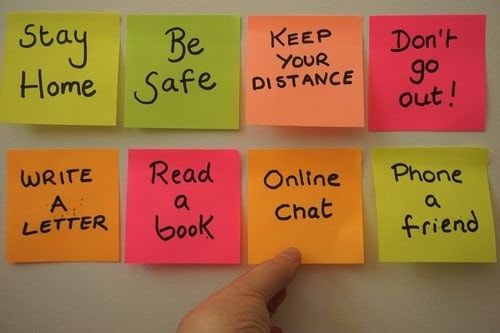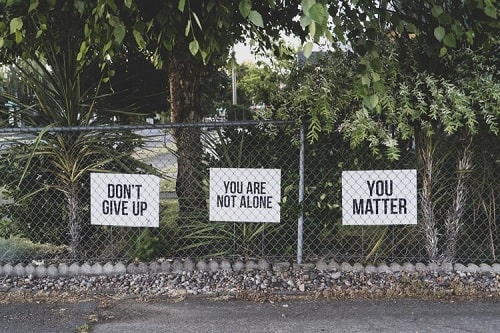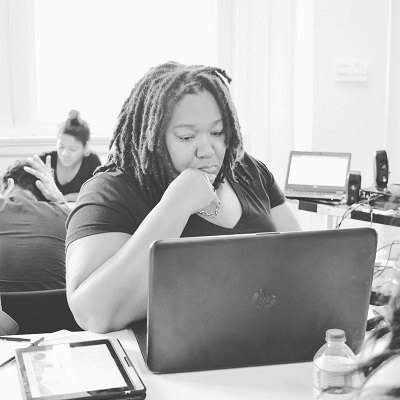The rapid spread of COVID-19—and the unusual measures being taken to contain it, such as prolonged shelter in place orders or having to go to work because you are an essential employee is causing a range of difficult emotions among people. One distressing emotion that is all-pervasive in every American's mind under the current circumstances is uncertainty. Uncertainty is challenging because it threatens the basic human quality: our thirst for control. The current situation is abnormally difficult for everyone and is greatly threatening for those dealing with mental health issues. Let's take a deeper dive into various human insecurities and their innate desire for control.
With the current global pandemic, there is so much that's out of your control. You may not be able to visit family members who live far away from you. Let alone relaxation travel; in some places, you cannot even be out of your house for anything other than essentials. This hovering uncertainty can cause your expectations to fall short; you have to homeschool your kids, do your job from home along with managing your house chores most of the time. You may not be able to afford your rent or mortgage next month. You could have the coronavirus and not even be aware of it. All of these facts are deeply concerning and unsettling. They have every ability to overwhelm your thought patterns and make situations worse if you are already enduring a mental health crisis.
We're all adapting to an unpleasant set of circumstances filled with uncertainty and doing our best to survive. And that's okay.
It's time to figure out some effective strategies to cope with the uncertainty we are currently dealing with.

5 Strategies to cope with uncertainty
COVID-19has plunged the world into a realm of uncertainty, and the constant news about various events related to the pandemic can make you relentless. Isolation and remote working can take a huge toll on one's mental health, particularly those already living with chronic mental health issues. Here is a list of ways how you can cope with unsettling feelings of uncertainty in this crisis:
1. Accept Reality

Coping with uncertainty means accepting the reality that, currently, there is not much to control. Research shows that simply acknowledging the degree of uncertainty is and how difficult it is to make it easier to endure. Thispandemichas revealed that most of us have been living under an illusion of control and certainty where our lives were predictable to a great extent. In reality, we can't control how long we live, how we die, or the presence of our loved ones. This is a scary reality, but denial doesn't help either. Therefore, by accepting this difficult situation, we allow ourselves to respond more effectively to it.
2. Create a Sense of Calm

Try spending ten minutes of your day in practicing mindful breathing, taking a soothing walk, or experiencing the cortisol-reducing effects of hugging someone you love. At times, our emotions get so overwhelming that we need a temporary distraction, and that's fine as long as it doesn't turn into dysfunctional behaviors or activities. Distress tolerance skills from Dialectical Behavior Therapy (DBT) help us downplay a seemingly intolerable moment and emerge from it more confidently while tackling it skillfully.
3. Reconnect with your Values
Connecting with and acting on our values and experience of truth, despite the presence of difficult situations and hurdles, is an essential component of Evidence-Based therapies such as Acceptance and Commitment Therapy (ACT), which can enable us to recover from depression and other mental health problems. Try using your list of ethics that you can relate to as a starting point, and see if you can act effectively based on your chosen values, particularly in these unprecedented circumstances. As you list down your most significant values, note down how you intend to abide by them while adapting to the "new normal."
4. Stay Connected
If you are feeling low or dealing with a bad mood, now is the right time to have a soothing call with your friends and connect with your family, as they might also require your emotional support, given the current global crisis.
5. Seek Support
Do you feel overwhelmed? Scared about what's going to happen in your future? Do you want to talk about your feelings? Do you lack self-compassion? All these are the signs that may need professional mental health support. Seeking remote tele-health help from mental health coaches and therapists helps especially during this pandemic, when stepping out of the house is not a viable option. Using apps like ACT Coach, DBT Coach, CBT Companion can help you yield the experience of evidence-based therapy sessions at ease in addition to reaching out to your therapist.





